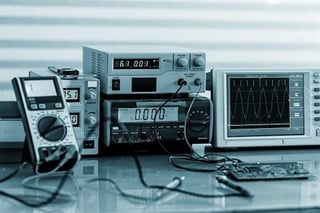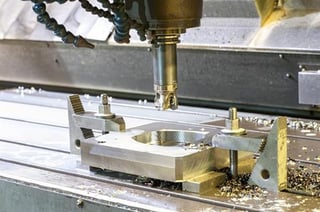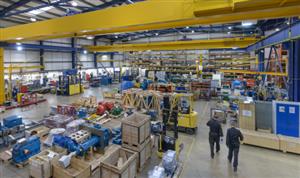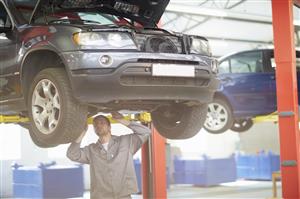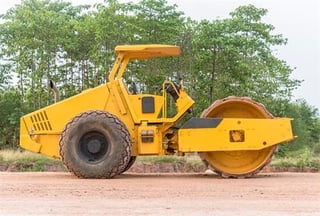
When you're in the paving industry, you know exactly how cut throat and competitive highway contracts can be. From extra-early mornings spent monitoring the bidding process to figuring exactly how much it will cost to run the job down to the fraction of a penny, these low-margin, high-volume jobs can make or break your company. These jobs can make or break your company, between possible problems with suppliers and issues with financing the project. But how does machine appraisal fall into the picture? By having a paving equipment appraisal performed, you can determine the exact value of your assets and can leverage that value to procure better financing. You can also determine whether new paving machinery needs to be part of the bid you're placing. Here are the details:
How a paving equipment appraisal helps when bidding highway contracts
- Insurance costs: When every penny counts in your bid, being able to have completely accurate insurance costs helps you make a win both in terms of the bid and in your business. Knowing exactly what your equipment is worth means that your insurance agent can completely customized your insurance policy to cover the actual cost of replacing the equipment, instead of paying a higher premium based on inaccurate numbers or ballpark figures. When pennies count, lower insurance premiums are a must.
- Collateral for loans: Highway projects can be big - really big. Because they go so much further in terms of material and labor than most other types of jobs, they can often overrun the average paving company's working capital. To make sure you can leverage every possible asset, having a machinery valuation performed helps provide proof of the exact value of your assets. Knowing exactly how much you can leverage to make the job happen can be all the difference between a highway contract that's well within your comfort zone and one that's just out of reach. This can help keep you from getting into trouble because you didn't properly estimate your equipment values and ran too much risk during the project, putting your business in danger.
- Fines for delays: Nobody likes waiting for road construction to get done, which is one of the reasons fines for delays in completion can be so steep, especially in fast track projects. One of the areas where a quality machinery valuation makes all the difference is in determining expected lifespan of your equipment, allowing you to purchase your new equipment ahead of when its needed or avoid the extra purchase all together if the equipment valuation specialist determines that your paving machinery should be able to make it through the job without any major problems.
- Avoiding legal issues: If something goes wrong, having a quality equipment appraisal performed ensures that you have proof of your equipment's condition before the trouble started. If the state or another contractor is claiming that there were problems with the job because your equipment was substandard, wouldn't you like to have the paperwork on hand to prove them wrong?
By keeping these benefits of a paving equipment appraisal in mind when bidding your next big highway contract, you can ensure that your company is still making a profit and not risking losing everything due to failing equipment, excessive costs or insufficient capital. If you need to have a paving equipment valuation completed on your paving machinery, contact a qualified and certified equipment appraiser department. We've been providing quality equipment appraisals for years and are happy to help you make your business everything it can be.


